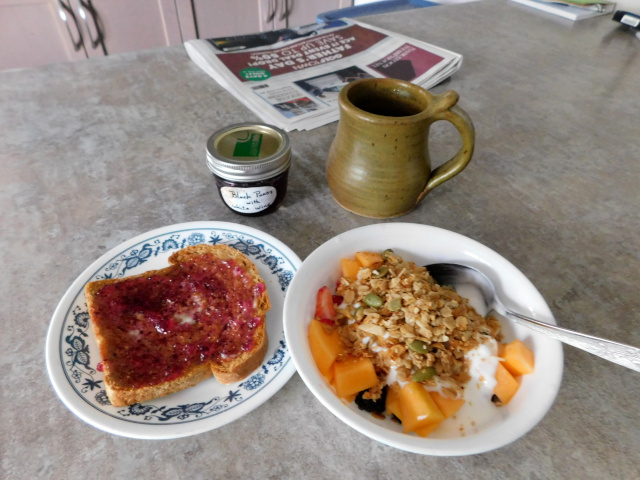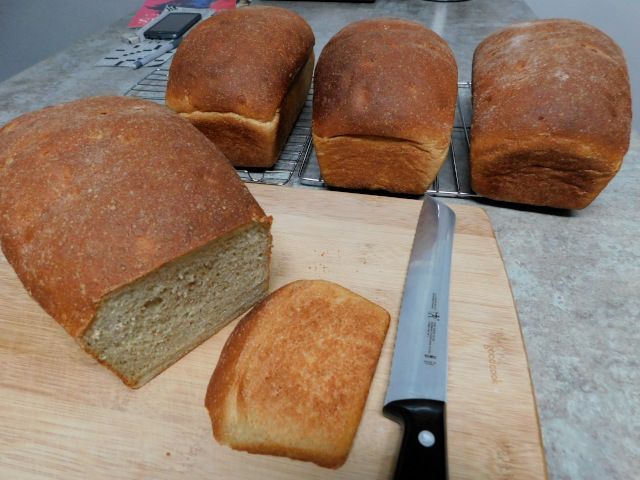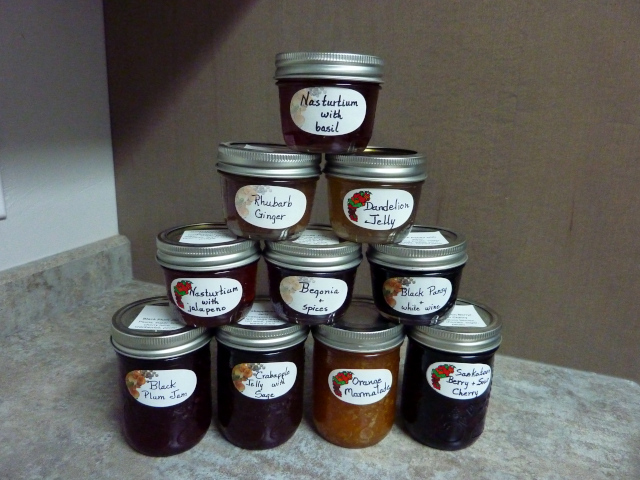On January 1, 1996, I saw my mother for the last time. We had brought her to our home to share a meal with our children and two of my siblings who were visiting from another city. The meal was simple but featured a favourite traditional Mennonite dish – porzelkji (a deep-fried fritter with raisins, typically dipped in sugar). My mother had always served porzelkji on New Year’s Day. Two days later, I got a call from the nursing home where she lived; she had died suddenly.
That was 26 years ago. The complex mixture of emotions of that time have long since dissipated and been replaced by gentle nostalgia and acceptance. We had had a difficult relationship, my mother and I. While I had been the favoured last child, one last gift of motherhood for someone who measured her worth through motherhood, I had also been the most rebellious teen-ager and that precisely in the years of her menopausal misery. I was also the only child who settled down in the same city where my parents lived after selling the family farm. Inevitably, I became, in her last decades, both a necessary support and a convenient target of anger when fear and/or illness haunted her.
Even before she died, I had begun to understand how much she had been shaped by two major traumas: the Russian Revolution when she was a child, and the Great Depression when she was a young adult. Both taught her more than she would have chosen to know about insecurity and scarcity. She never forgot those lessons.

All that came to mind this morning as I spread my homemade jam on a slice of toast (homemade bread) for breakfast. I chose it from the two or three jars of jams/jellies that are typically available in our fridge. Imagine that—I open more than one jar at a time! Every morning I can choose what I wish to put on my toast.
My mother, however, had always insisted that no new jar of jam was ever, ever opened before the last one was completely used up. That was not a problem for me when we were still a family of six; even my mother’s large jars of jam were usually soon consumed. By the time I was the only child remaining at home, that was no longer the case. I was heartily sick of whatever flavour was currently open before we were permitted to have something else.
That principle of using up the old before ever touching the new applied to bread as well (and clothing, but that’s another story), something I hadn’t particularly thought about until we were visiting at the home of one of our children where bread is also home-baked. A fresh loaf, warm from the oven, was sliced for supper even though a partial loaf from the previous baking still sat on the kitchen counter. This was a home where new delights could be fully appreciated without scruple. How wonderful was that!

Had I truly been raised in an atmosphere where efficiency and cold, responsible use of everything to its utmost had ruled out so many possibilities of innocent joy? It seems so. I want to make it clear that I appreciate my parents’ compulsion to be thrifty: they had both had intimate acquaintance with poverty, even starvation. I do not have the right to decry their practical ability to use the last bit of everything, even to hoard newness as long as possible. In the face of today’s reckless consumerism amidst an over-stressed environment, their values offer an important counter-narrative.
On the other hand, I want to argue that thrift and utility do not have to rule out generosity or delight. Put the freshly cooked jam, with its glorious color and wonderful odor, into smaller jars (and keep reusing those jars!). Enjoy the freshly baked bread while it’s still warm, knowing that a freezer can take care of whatever older bread remains, or turn the stale bread into croutons and avoid the packaging that comes with buying croutons (my mother would have been truly appalled at the notion of paying good money to get chunks of dried bread!). Simple pleasures are to be treasured and readily shared.


I still have much to learn about a wider generosity that makes sure that everyone has access to bread and jam—fresh bread and good jam (preferably made from plenty of real fruit and not sugared to death). At the beginning of 2024, I grieve over the increased need for food banks and the continued waste of much food, both in the production and in the sales thereof. We can surely do better than that, although in fairness, I should note that many organizations are working to reduce waste and improve access. What I also hope for is that necessary charity includes dignity, and above all, delight. Let there be joy for everyone.
It would be a long time before I knew that grace is found more in delight than in duty.
Patrick Henry
